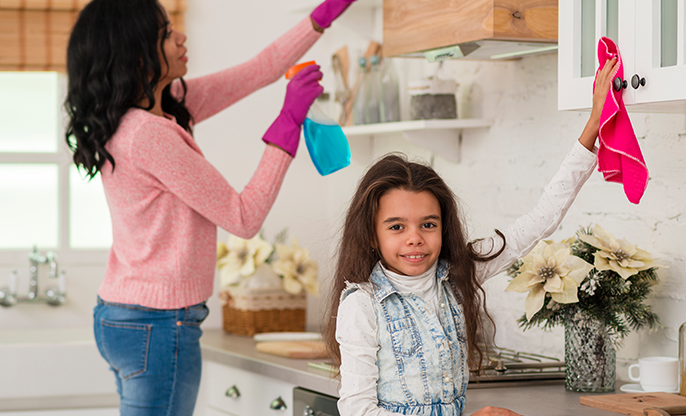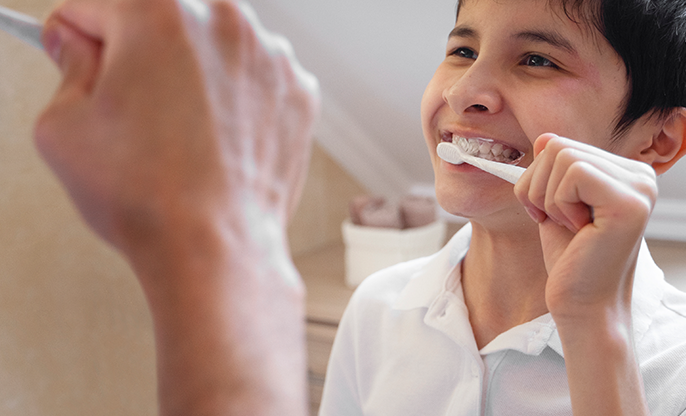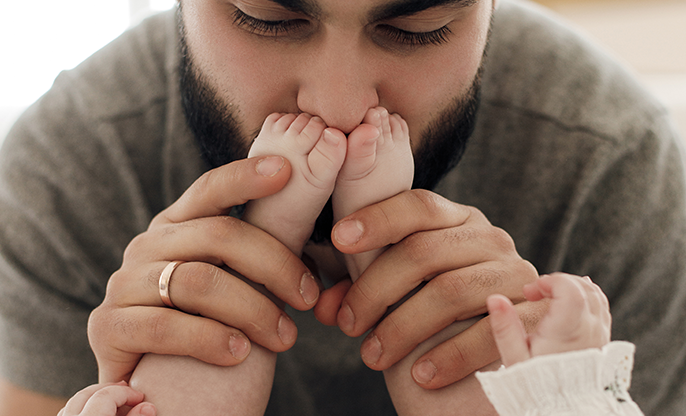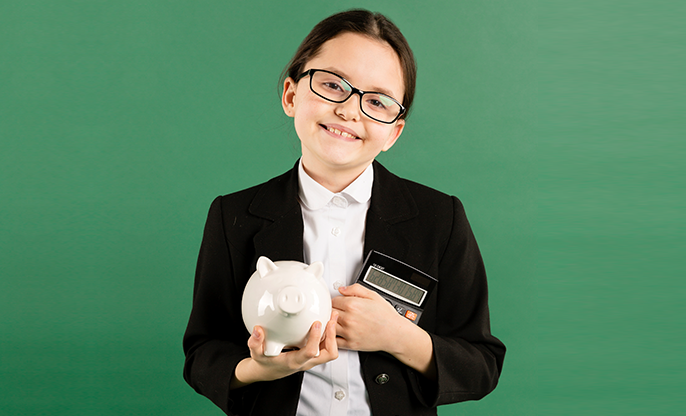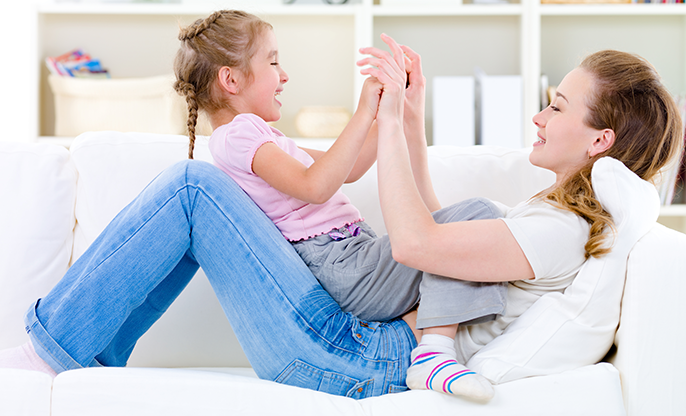
Positive attention and your child
When you think of parenting, attention is one of the first things to come to mind. Attention is a powerful tool that can greatly impact your child's development and well-being. Positive attention is an especially effective approach to parenting that can help promote healthy social and emotional growth for your child.
Positive attention is when you respond to your child with warmth and interest. It could be a pat on the back, a hug, or smiling and saying, "Well done!" after they finish a task. Positive attention shows your child they are valued and important— something every growing person benefits from.
Positve attention also helps your child develop a healthy self-image. Boiling life down to successes and failures can have lasting consequences on their mental well-being, so it's important to remember the small everyday successes that deserve recognition. Acknowledging them helps demonstrate to your child that everyone makes mistakes, but those mistakes do not define them—they are more than capable of great accomplishments!
Strategies for Providing Positive Attention
Infants and Toddlers
With infants and toddlers, positive attention is about providing security and assurance that they are loved. This can be done through:
Holding them close,
Answering them quickly when they cry or babble at you,
Talking to them in a gentle voice, and
Smiling at them often.
School-Age Children
For school-age children, positive attention looks like making the home environment a safe place to experiment with ideas and make mistakes—like getting into creative projects together or helping with their homework. Give praise for even small achievements like doing the dishes without being asked or completing a class assignment—your child will feel valued and appreciated!
Teens
For teens, positive attention might be listening more than talking. Showing interest in their activities and hobbies lets teens know that their endeavors are worthwhile—this validates their choices while also allowing you to gain insight into what makes them tick. You can also encourage healthy risk-taking by supporting opportunities for them to learn from their mistakes without punishing them for it.
Benefits of Positive Attention for Your Child
When raising a well-adjusted, confident, and happy child, the power of positive attention can't be underestimated. Research shows that when children receive more positive attention, it can decrease behavioral problems, such as aggression and ADHD symptoms. Furthermore, it can play a significant role in helping children learn language, form healthy relationships with others, develop coping skills, and improve academic performance.
Here are some major benefits of providing positive attention to your child:
Increases self-esteem
Positive reinforcement and feedback help children build an inner belief in their abilities and make them feel like they matter. This increases their self-esteem, which is essential for healthy emotional growth.
Develops better coping skills
Positive reinforcement encourages children to express themselves healthily, leading to better problem-solving and conflict-resolution skills. It also teaches them to take initiative and become more independent without feeling ashamed or guilty.
Fosters stronger parent-child relationships
The most powerful benefit of providing positive attention is that it strengthens the bond between parent and child — making them feel connected and secure in their relationship. Kids with a strong bond with their parents tend to be more resilient when faced with challenges in life.
No matter the child's age, positive attention can have a lasting, powerful impact. It's never too late to start giving your child the positive attention they need, and it's worth it to take the time to recognize their efforts and reward them with a smile or an encouraging word.


